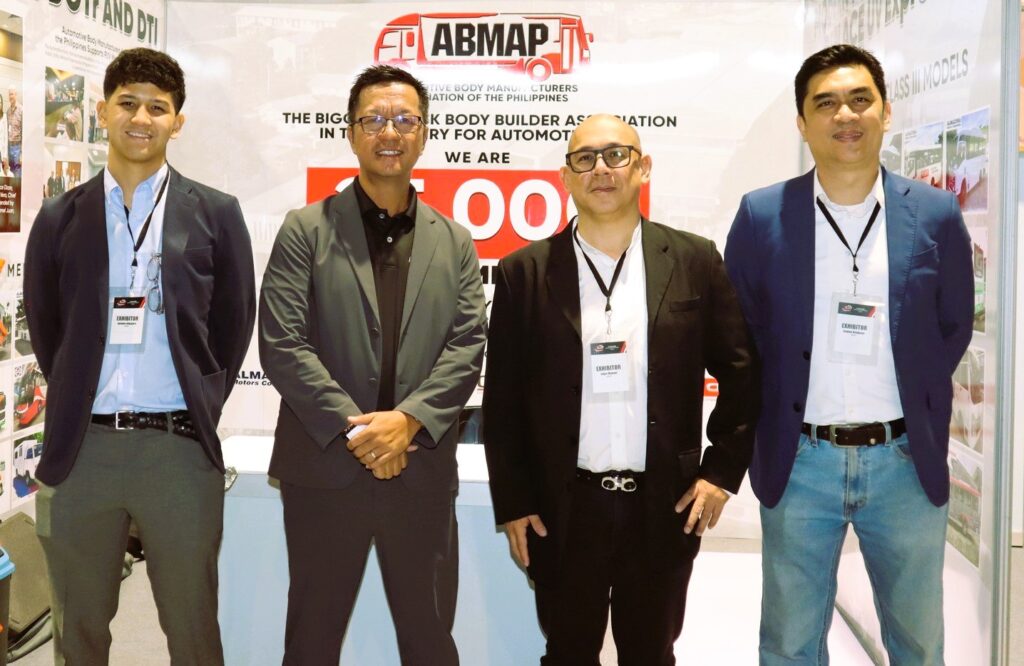Local vehicle manufacturers are urging the Department of Transportation (DOTr) to prioritize Filipino-made vehicles for the Public Transport Modernization Program (PTMP) instead of relying on large-scale importation of completely built-up (CBU) units.
In a recent meeting with the DOTr, the Automotive Body Manufacturers Association of the Philippines (Abmap) argued that its members have already invested heavily in plant capacity to produce modern public utility vehicles (PUVs) that meet national standards.
The meeting focused on technical specifications, financing delays, and the DOTr’s new approach to route planning.
DOTr takes control of route planning
DOTr Undersecretary Ramon Reyes announced a significant shift in the program’s implementation: the DOTr will now directly manage the Local Public Transport Route Plan (LPTRP), with local government units (LGUs) shifting to a supporting role.
Route rationalization is already being piloted in Baguio, Mandaue, General Santos, Bacolod, and Antipolo. Reyes said the target is 50% completion by the end of the year, with the rest to be finalized in 2026. The program is backed by the World Bank and the Japan International Cooperation Agency (JICA).
Financing remains ‘major roadblock’
While the DOTr has helped resume lending from banks like the Development Bank of the Philippines (DBP) by extending PUV franchise terms from 7 to 10 years, Abmap warned that the program is in jeopardy.
Abmap president Vicente Mills Jr told the DOTr panel that the “slowdown of financial support” from government financial institutions (GFIs) like DBP and Landbank is “hindering the smooth transition” from traditional jeepneys.
Mills cited several root causes for the financial troubles, including: Operators defaulting on loans, leading to repossessions; non-utilization of automatic fare collection systems (like beep cards); and mismanagement within some transport cooperatives.
He stressed the “urgency of finding solutions” to safeguard the entire modernization program.
Key demands from local makers
Beyond the call to “buy local,” Abmap made two other key recommendations:
o Acknowledge Philippine standards: The group asked the DOTr to formally recognize the 6 existing Philippine National Standards (PNS) for PUV bodies in its draft circular, noting that 80% of the DOTr’s own technical specs were derived from them;
o Mandate after-sales support: Abmap insisted that all importers and distributors must be required to provide nationwide after-sales support, including readily available spare parts and competent technicians, to protect operators and ensure long-term reliability.

Both groups reaffirmed their commitment to working together to create a sustainable modernization program that benefits Filipino commuters and manufacturers.
Follow Abmap via its official Facebook page here: https://web.facebook.com/abmap2021/?_rdc=1&_rdr#
